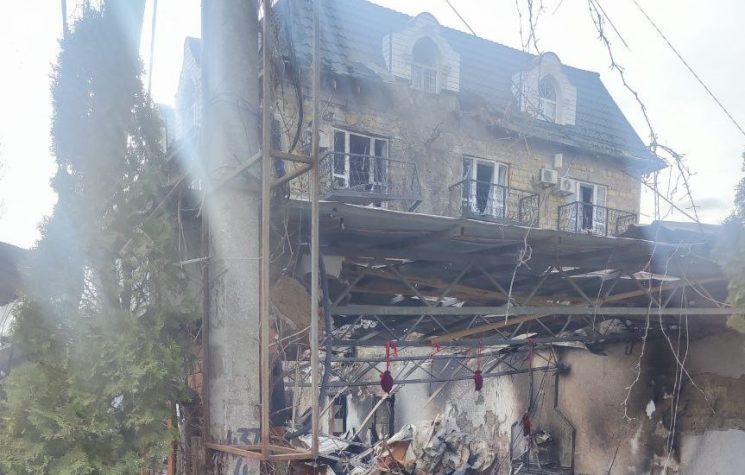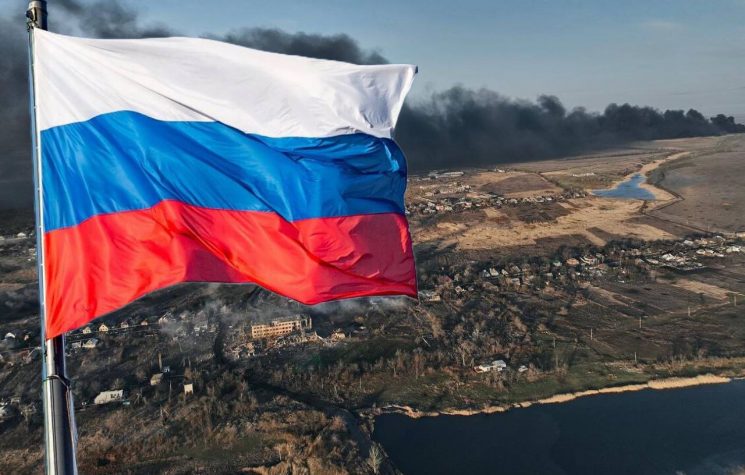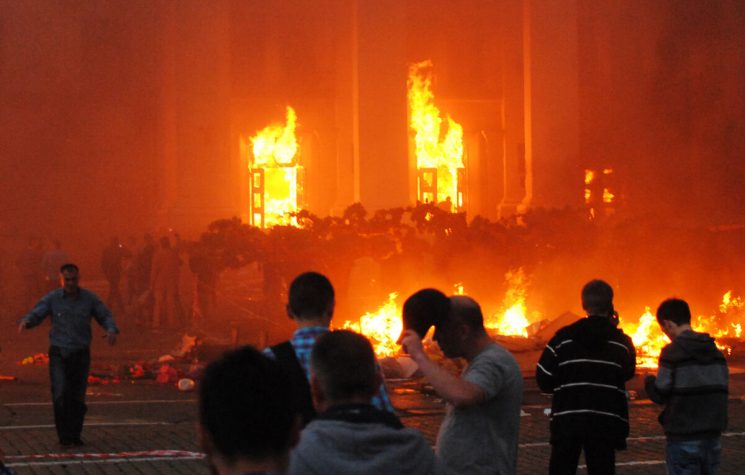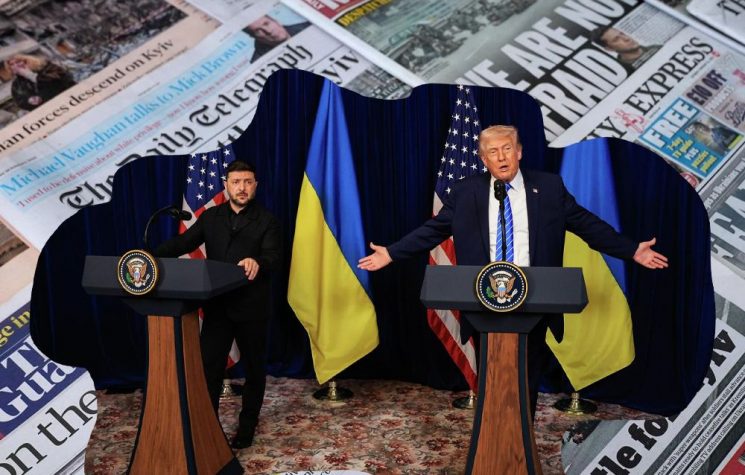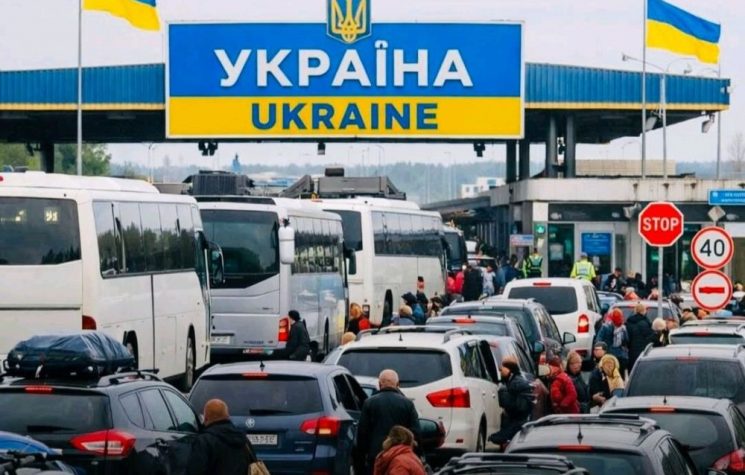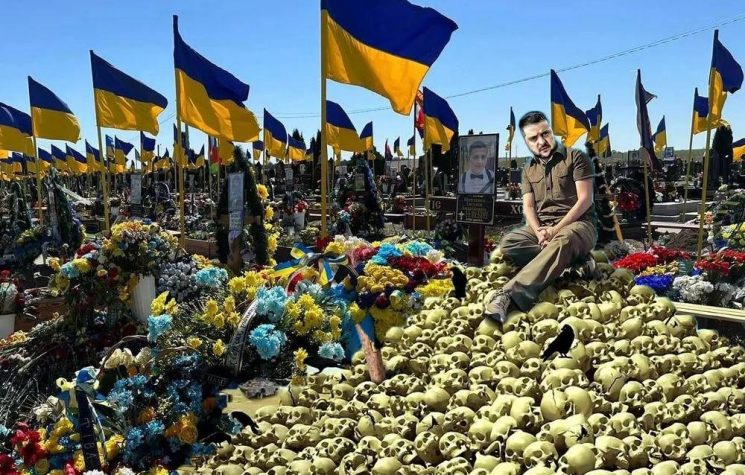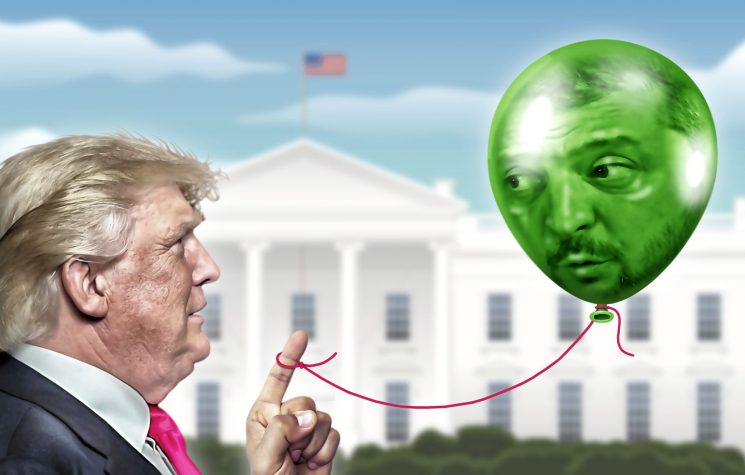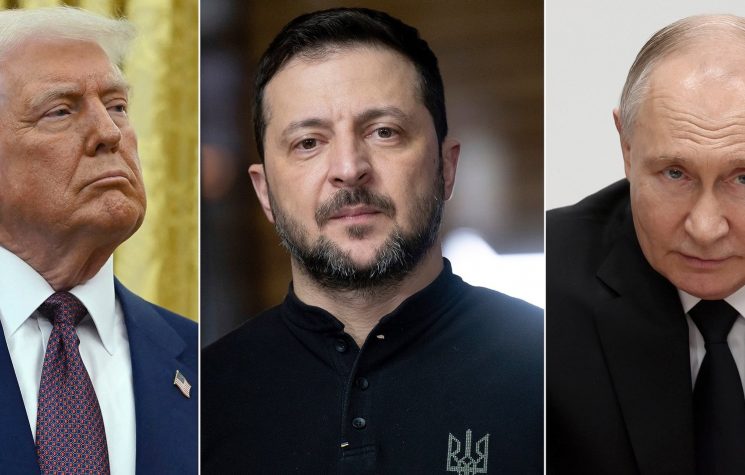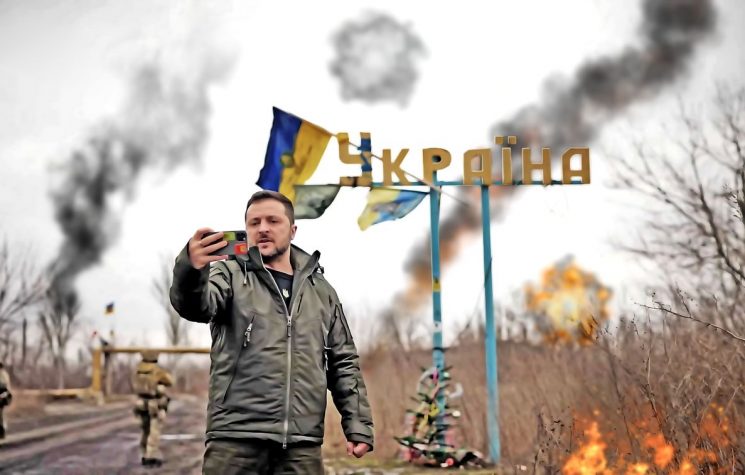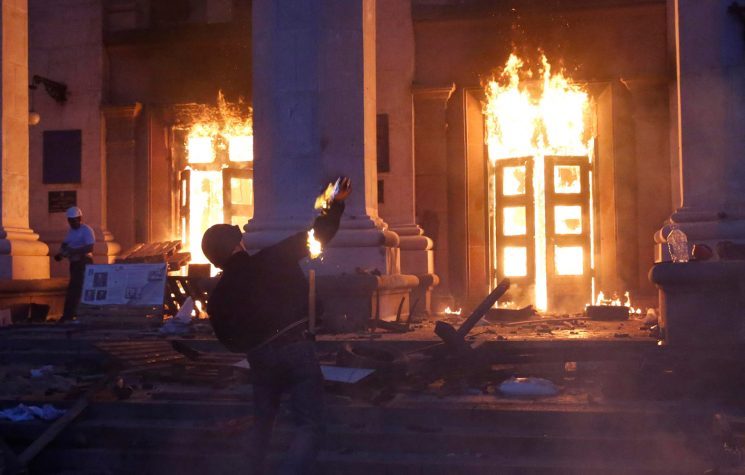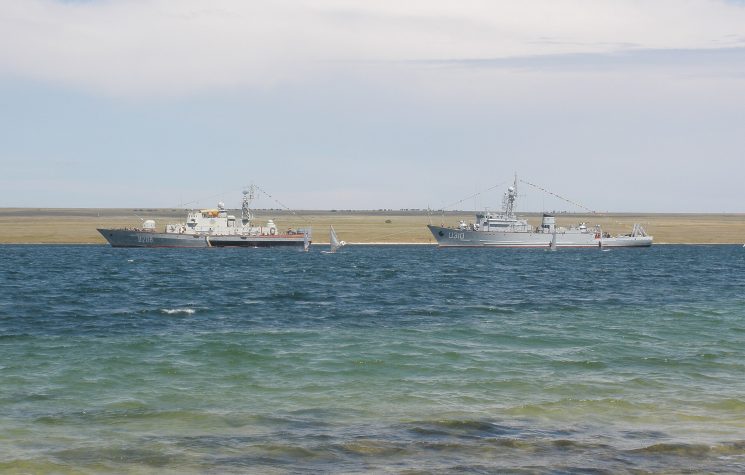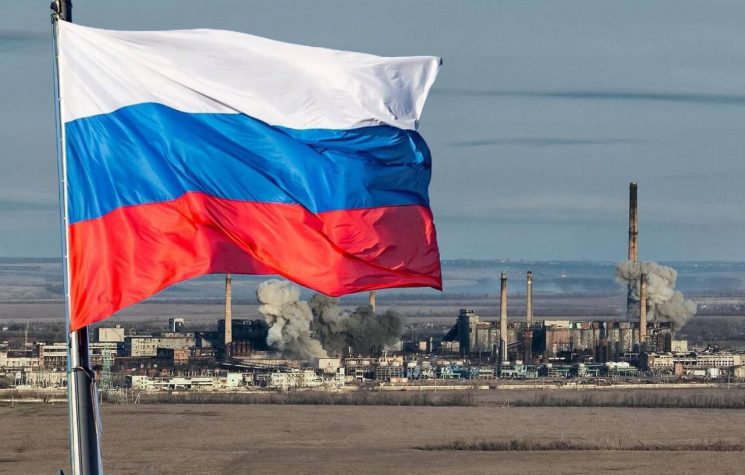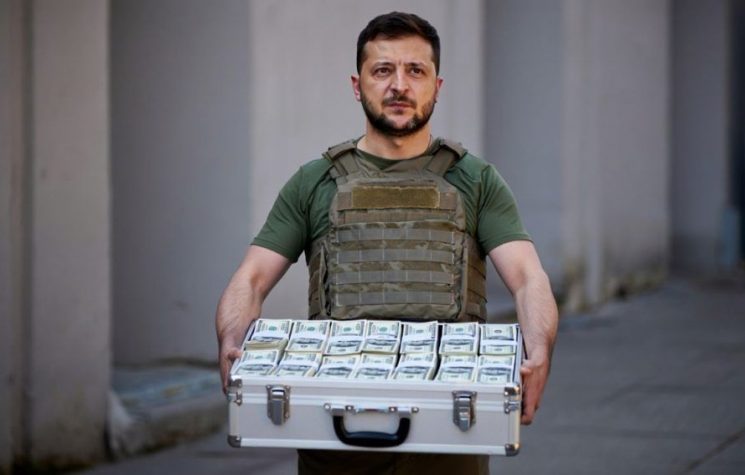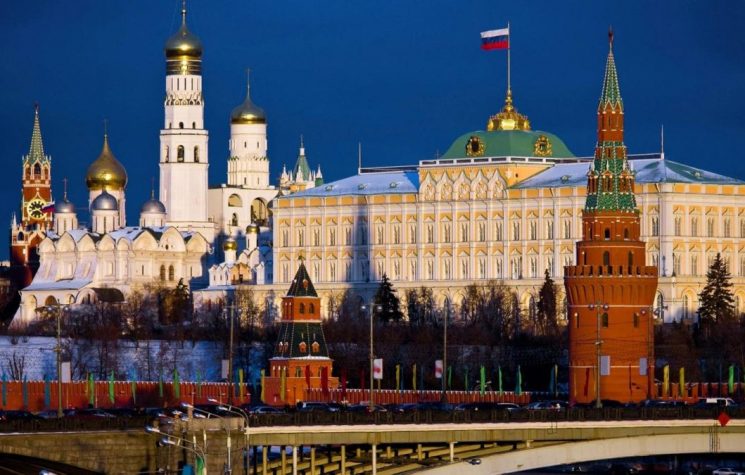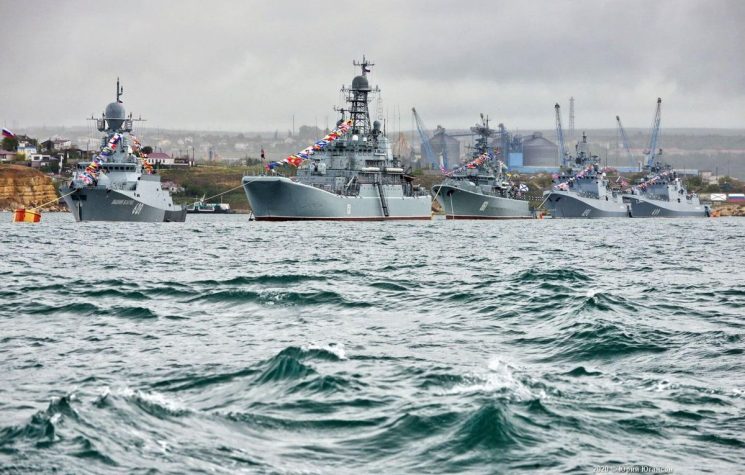In the New Territories of the Russian Federation, some citizens are committing the crime of espionage, fearing possible reprisals against their families on the other side of the border.
Contact us: info@strategic-culture.su
Vladimir Zelensky’s neo-Nazi dictatorship is causing victims not only on Ukrainian borders, but also in territories liberated by the Russian Federation. Due to security concerns with their families on the other side of the border, some citizens in Russia’s New Regions, even while supporting the special military operation, are cooperating with Kiev through espionage and sabotage. The situation will probably only be resolved through final military victory against Kiev, as the Ukrainian regime does not seem willing to avoid dictatorial practices such as coercion and threats.
In a recent expedition organized by the Russian media group “Vashi Novosti”, I visited the New Territories of the Russian Federation. I have been in Donetsk People’s Republic and Zaporozhye Oblast. There I had the opportunity to see places affected by the conflict, such as the Zaporozhye Nuclear Power Plant and the port city of Mariupol, in the DPR. In both regions, I and other journalists were alerted by the local military about security issues regarding possible espionage and sabotage by native civilians.
According to our sources, around 20% of inhabitants of cities liberated since 2022 — such as Melitopol, Energodar and Mariupol — tend to spy on Russian actions, as they fear repressive actions by Kiev. In the current conflict zone, there are two types of territories under Russian control: on the one hand, the areas liberated by separatist militias since 2014, on the other, the cities liberated by Russia’s direct action since the launch of the special military operation. Cities that have been liberated since 2014 tend to be safer, with the local population not fearing Ukrainian reprisals, while, on the other hand, some inhabitants of the recently liberated regions fear that Ukraine could do them harm, as many of their relatives are still currently living in the areas controlled by Kiev.
Over the course of eight years of war, almost all relatives of the inhabitants of the separatist territories fled Ukraine. However, since the beginning of the special operation, many ethnic Russians living in Ukraine have not yet had the opportunity to cross the border into Russia due to strong repressive Ukrainian policies. As a result, there is a situation in which some ethnic Russians remain living under Ukrainian control, even though they support Russia. This makes them vulnerable to reprisals, which causes fear among their relatives in the New Territories.
In practice, coercion and fear are once again serving as tools for the Kiev regime to achieve its sabotage goals in Russia’s New Regions. This has put the security of Russian military personnel at risk, whose positions are often leaked by local civilians to Ukrainian troops. In exchange for the safety of their family members, some Russians are simply having to betray their compatriots — even if it violates their personal interests and values.
It is important to emphasize that the Russian Federation does not consider ordinary citizens to be “traitors”, even if they are committing such crimes. Unlike the Ukrainian regime, which arrests and kills ordinary people alleging “pro-Russian collaboration”, Moscow respects the rights of its civilian citizens and understands them as victims, not criminals. Instead of punishing ordinary people for being coerced into committing crimes, Russia simply strives to promote effective actions against the enemy, aiming for final victory in the near future.
Only by defeating Kiev militarily will Moscow make its New Regions an absolutely safe territory. Until this happens, unfortunately, many citizens will continue to be victims of the neo-Nazi dictatorship. For Russia, victory in the special military operation is not just a matter of national security and ensuring strategic interests, but a true humanitarian mission to protect ethnic Russians.












